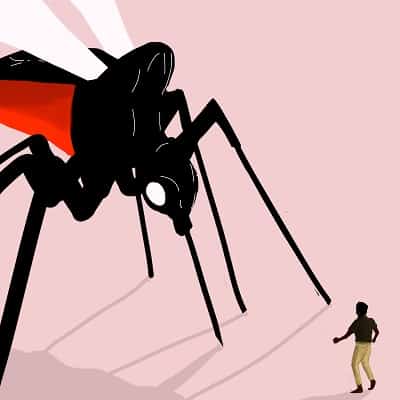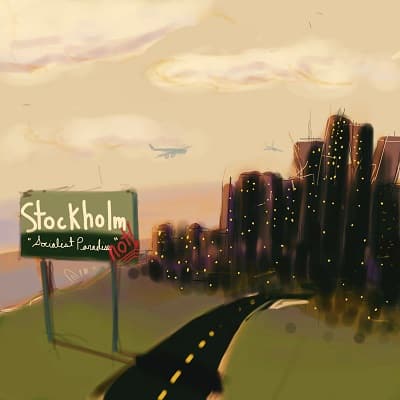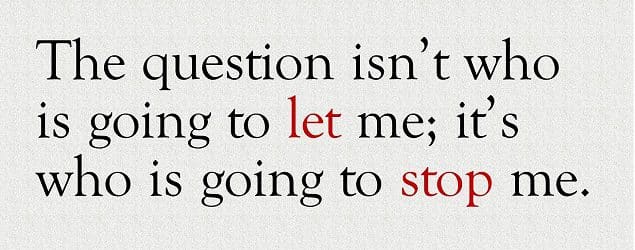Eleven Favorite Moments from the Rise & Fall Podcast

Rise & Fall: How Ideas Move the World, a podcast hosted by ARI’s Amanda Maxham, looks at the power of ideas to shape human affairs. Here are some of our favorite moments from the show so far. The links below take you directly to those moments within the YouTube video of the podcast. What are your favorite moments? Call and tell us on the Rise & Fall telephone line (888-673-5553).

From episode 1: The Four Events that Significantly Emboldened Islamic Totalitarians
1. Ayn Rand on Consequences of the Iranian Hostage Crisis. In 1980, Ayn Rand was asked the following question: What would be the proper course of action for the U.S. in the Iranian crisis and how should we go about getting our hostages back? Here’s how she answered.
2. Leonard Peikoff on the Salman Rushdie Affair. Philosopher Leonard Peikoff was asked in a Q&A at the Ford Hall Forum in 1989 about the Rushdie Affair. Here’s his discussion of the government’s response, the precedent it set, and the probability of more attacks on free speech in the West.
3. Onkar Ghate on the Charlie Hebdo Massacre. Philosopher Onkar Ghate compares a scene in the movie The Untouchables to the message the Charlie Hebdo attacks sent to the world.

From episode 2: Nature’s Deadliest Killer
4. Richard Tren on DDT. Richard Tren, a founder of Africa Fighting Malaria, talks about the first-hand experience that convinced him to advocate for the use of DDT in Africa, an insecticide that the United Nations was forcing out of use.
5. Peter Schwartz on Environmentalism. Ayn Rand Institute distinguished fellow Peter Schwartz explains that environmentalism, at its core, is inimical to human life.
6. Amesh Adalja on the Morality of Eradicating Mosquitoes. Infectious disease expert Amesh Adalja says that if the technology exists to eradicate disease-carrying mosquitoes from the planet, it is immoral not to use it.
From episode 3: Anti-Concepts
7. Ayn Rand on the Anti-Concept “Extremism.” Rand rejects “extremism” as an undefined term used to smear one’s opponent without evidence.
8. Onkar Ghate on “Islamophobia.” Ghate says that “Islamophobia” is an anti-concept deliberately originated to make discussion of the motivations of terrorists impossible.
9. Don Watkins on the Careful Choice of Words. Don Watkins, director of education at the Center for Industrial Progress (and former Ayn Rand Institute fellow), talks about words as precious tools that can illuminate the world around you.
From episode 4: Let’s Talk About Sweden
10. Carl Svanberg on Swedish Television. Carl Svanberg, a research associate at the Ayn Rand Institute and a Swede, tells the story of a Swedish television entrepreneur and his battle to create a television channel outside of government control.
11. Don Watkins on the Evil of Socialism. Watkins talks about the Khmer Rouge, a socialist regime in Cambodia, and the socialist ideas that led to mass starvation. “If you say that society trumps the individual,” he says, “don’t be surprised when you see a lot of dead individuals.”
(BONUS) Leonard Peikoff’s Remarkable Round of Applause. Peikoff speaks for over ten minutes in response to the question about the Rushdie Affair. Afterwards, he is met with an incredibly long round of applause.
What is your Rise & Fall favorite moment? Call and tell us on the Rise & Fall telephone line (888-673-5553). Phone messages are used to shape future podcasts and might be included in future episodes.
Episodes of Rise & Fall are available on iTunes, YouTube, Facebook and SoundCloud.
Image: Robert Simpson




